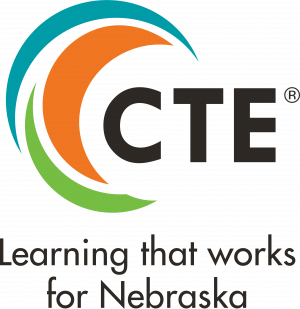Benefits
Entrepreneurship Education
The Consortium for Entrepreneurship Education-sponsored Think Tank recently worked on group consensus about the different outcomes for entrepreneurship programs at various levels of education. The Think Tank is a voluntary “future thinking” group composed of a wide selection of educators who are practitioners in a variety of settings, educational levels, and locations throughout the US and beyond. While the results are not based on formal scientific research, they are provided here for the purposes of discussion and orientation to the concepts underlying the National Content Standards for Entrepreneurship Education.
Benefits to Elementary Students
- Increased attendance
- Higher academic achievement
- Standardized Tests
- Pre & Post Tests
- Portfolios
- Fewer discipline referrals
- Increased sense of “locus of control”
- Awareness of career and entrepreneurial options
- Acquire basic economic understanding
- Acquire basic financial concepts
- Define entrepreneurs’ contribution to society
- Use opportunity recognition/problem solving skills
- Explore ethics issues
- Consider steps in business startup
Benefits to Middle School Students
- Continue on to high school
- Improved academic skills – 4 Rs
- Experience entrepreneurship across the curriculum
- Increased self-esteem and respect
- Increased number of students identifying entrepreneurship as a career choice
- Heightened awareness of the role of entrepreneurs
- Encourage risk-taking & learning from failure
- Learn to identify and recognize opportunities
- Decrease in teen pregnancies and substance abuse
- Improved economic literacy and understanding of capitalism
- Improved financial literacy
- Develop workplace literacy
- Understand entrepreneurship process / business plan
- Become an educated, empowered consumer
- Learn about opportunity cost
- Embrace diversity / socialization skills
- Demonstrate conflict resolution / negotiation / sales-marketing / persuasion skills
- Learn how entrepreneurs give back
- Learn how to make money
- Recognize the contributions of entrepreneurs (they started small)
- Foster and value idea generation
Benefits to High School Students
- Creation of entrepreneurial thinkers who also have the skills and tools to start their own businesses
- Write a business plan
- Apply economic principles
- Determine individual entrepreneurial interests
- Apply basic marketing skills
- Use strategies for idea generation
- Assess feasibility of ideas
- Manage risk
- Identify legitimate sources of capital
- Evaluate ownership structures
- Translate problems into opportunities
- Apply principles of human relations management
- Speak “business” & “entrepreneurship”
- Apply basic accounting principles
- Engage in ethical business practices
- Demonstrate financial management
Benefits to Post-Secondary and Adult Students
- Demonstrate skills in business startup
- Demonstrate skills in maintaining business longevity
- Demonstrate knowledge of business closings versus failure
- Ability to find next level of training or access other resources and services
- Demonstrate business management/operation skills
- Use components of a business plan
- Determine impact on unemployment
- Changed attitude toward entrepreneurship as a means of making a living
- Changes in personal and career attitudes including
- Self-worth
- Ability to control one’s own life
- Self awareness
- Self management/personality responsibility
- Transfer of learning
- Motivation
- Teamwork
- Interpersonal communications
- Problem solving
- Creativity
As can be seen, Entrepreneurship education can positively impact a learner at all levels in a wide number of contexts. This may explain why there are such a wide variety of entrepreneurship education programs, all of which can provide important outcomes at various stages of a learner’s life. As supporters of entrepreneurship education the Consortium for Entrepreneurship Education applauds the great diversity of programs that fall under the framework of the National Standards for Entrepreneurship Education.




